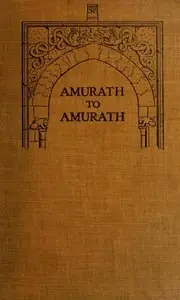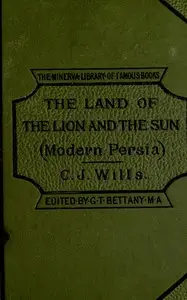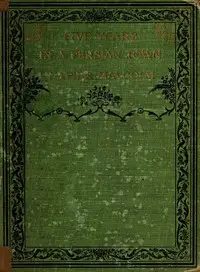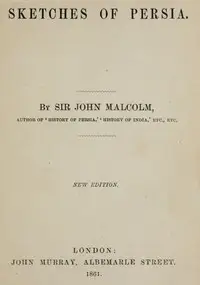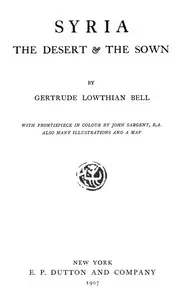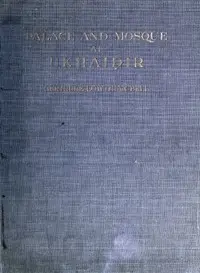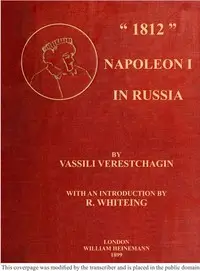"Safar Nameh, Persian Pictures: A Book Of Travel" by Gertrude Lowthian Bell is a late 19th-century travel exploration of Persia, blending stark landscapes, diverse cultures, and the people she meets during her journey. Bell uses sharp observations and poetic writing to create a vibrant picture of life in Persia, showing its contrasts and the complexity of its society. The journey begins in the capital of Persia, Tehran, portrayed through barren and mountainous landscapes. Bell shows the stark contrasts of the city, intertwining hints of its past glory, emphasizing a duality of beauty and decay. Her accounts showcase the irrigation systems, local architecture, and the rhythms of daily life, as well as the different varieties of people passing through the bustling streets. As Bell walks through Tehran, she compares the city’s current condition with glimpses of its historical past, preparing the reader for a deeper investigation of a culture that is both present and steeped in history.
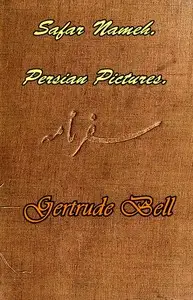
Safar Nameh, Persian Pictures: A Book Of Travel
By Gertrude Lowthian Bell
Experience a journey through a stark yet beautiful land, where the echoes of a glorious past meet the realities of the present.
Summary
About the AuthorGertrude Margaret Lowthian Bell was an English writer, traveller, political officer, administrator, and archaeologist. She spent much of her life exploring and mapping the Middle East, and became highly influential to British imperial policy-making as an Arabist due to her knowledge and contacts built up through extensive travels. During her lifetime, she was highly esteemed and trusted by British officials such as High Commissioner for Mesopotamia Percy Cox, giving her great influence. She participated in both the 1919 Paris Peace Conference (briefly) and the 1921 Cairo Conference, which helped decide the territorial boundaries and governments of the post-War Middle East as part of the partition of the Ottoman Empire. Bell believed that the momentum of Arab nationalism was unstoppable, and that the British government should ally with nationalists rather than stand against them. Along with T. E. Lawrence, she advocated for independent Arab states in the Middle East following the collapse of the Ottoman Empire, and supported the installation of Hashemite monarchies in what is today Jordan and Iraq.
Gertrude Margaret Lowthian Bell was an English writer, traveller, political officer, administrator, and archaeologist. She spent much of her life exploring and mapping the Middle East, and became highly influential to British imperial policy-making as an Arabist due to her knowledge and contacts built up through extensive travels. During her lifetime, she was highly esteemed and trusted by British officials such as High Commissioner for Mesopotamia Percy Cox, giving her great influence. She participated in both the 1919 Paris Peace Conference (briefly) and the 1921 Cairo Conference, which helped decide the territorial boundaries and governments of the post-War Middle East as part of the partition of the Ottoman Empire. Bell believed that the momentum of Arab nationalism was unstoppable, and that the British government should ally with nationalists rather than stand against them. Along with T. E. Lawrence, she advocated for independent Arab states in the Middle East following the collapse of the Ottoman Empire, and supported the installation of Hashemite monarchies in what is today Jordan and Iraq.


